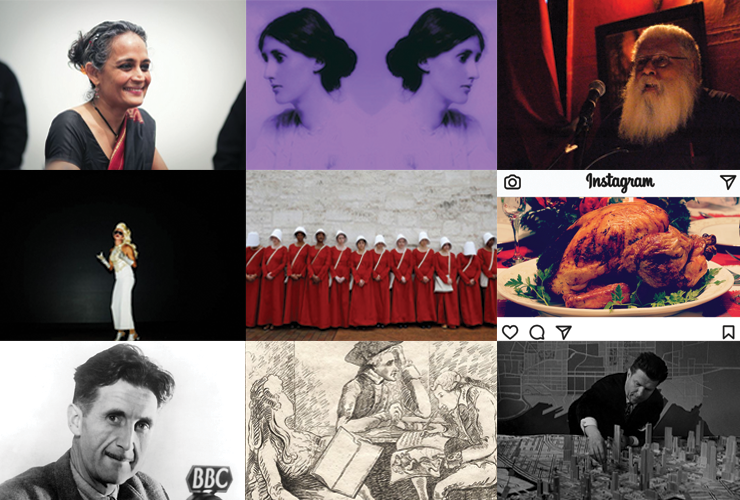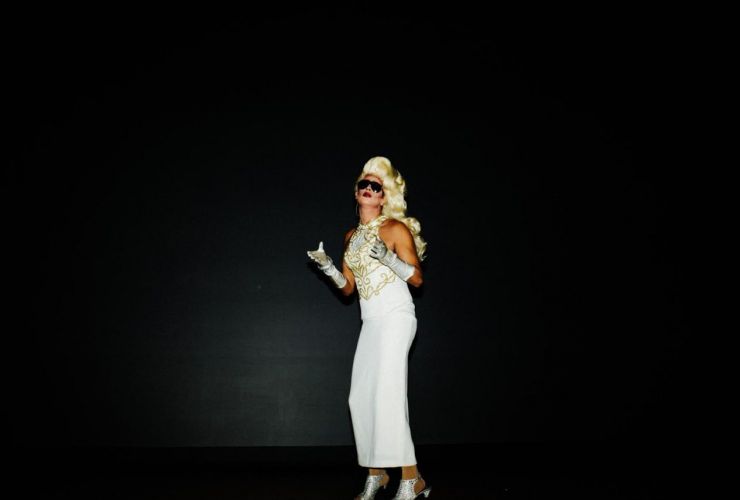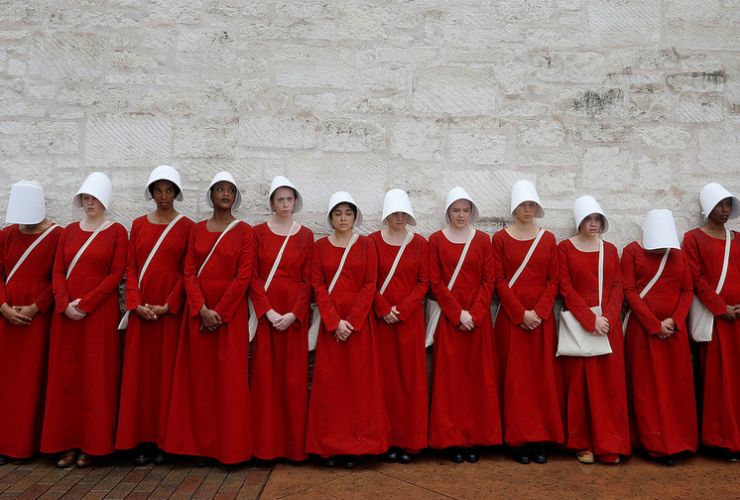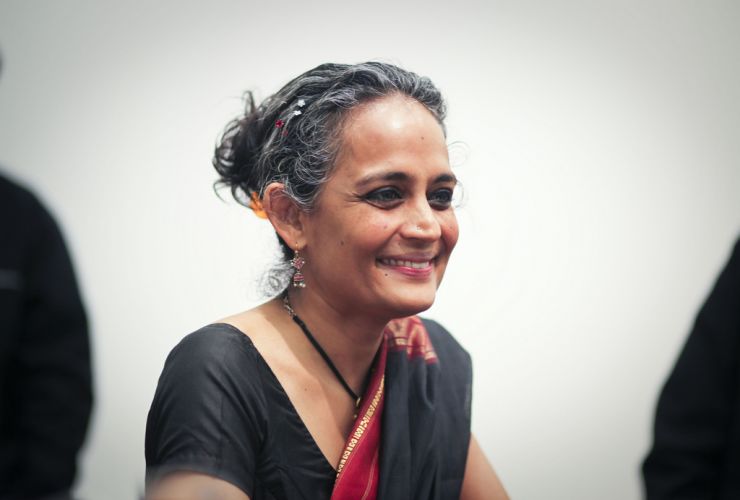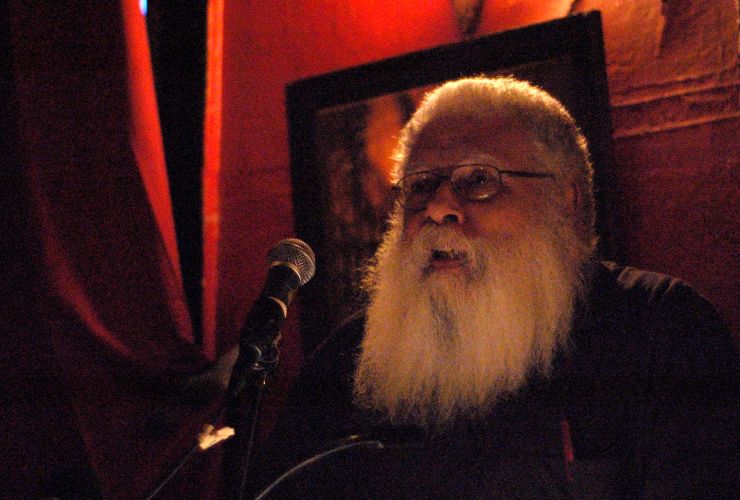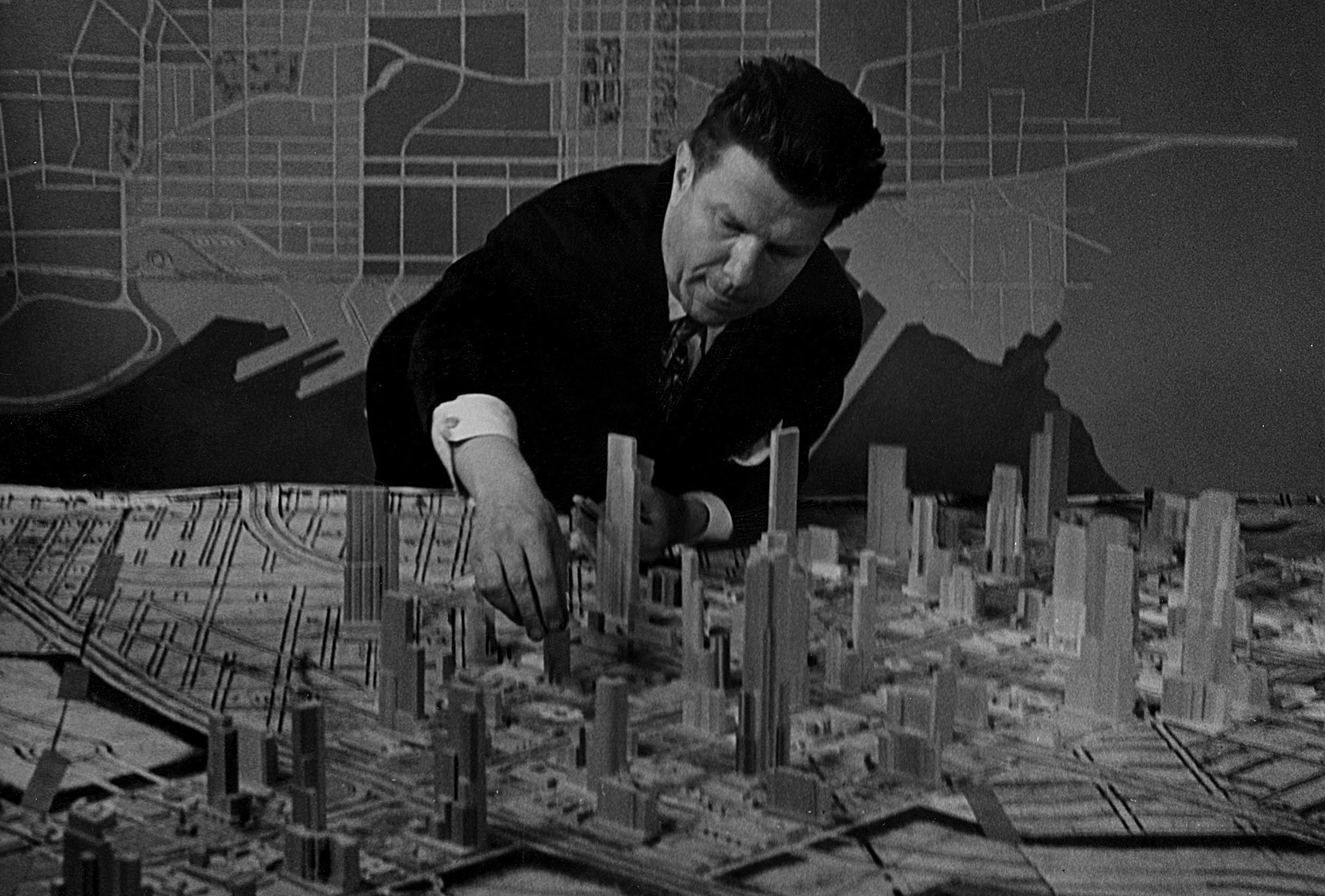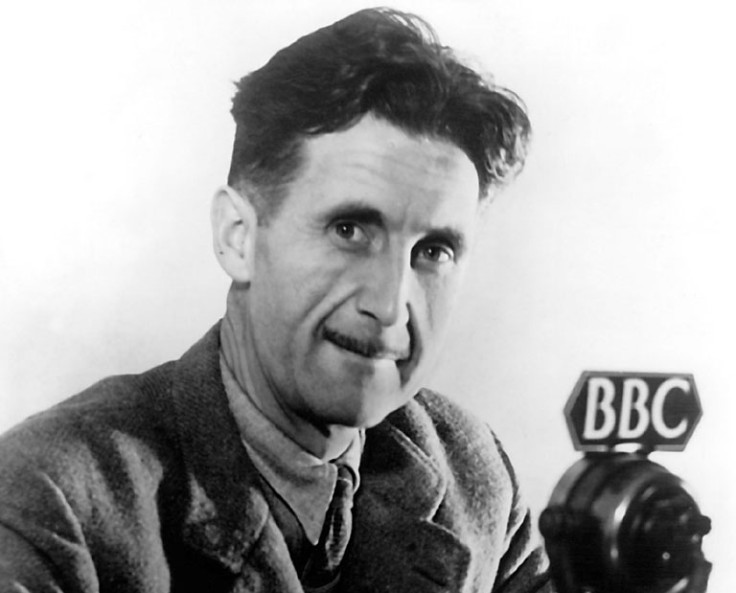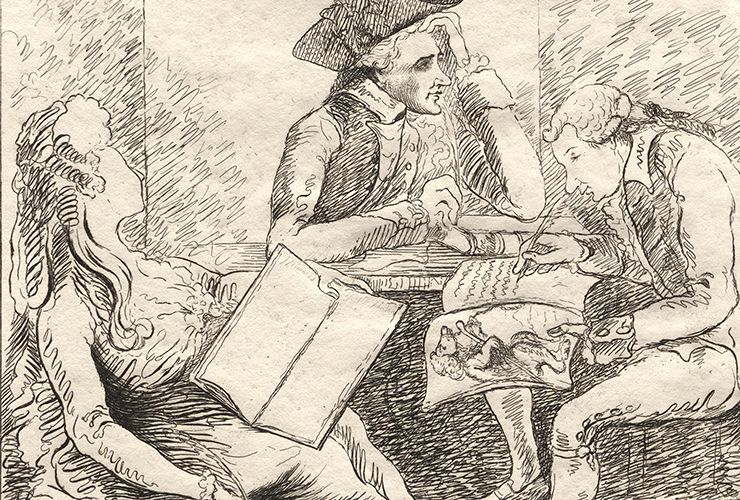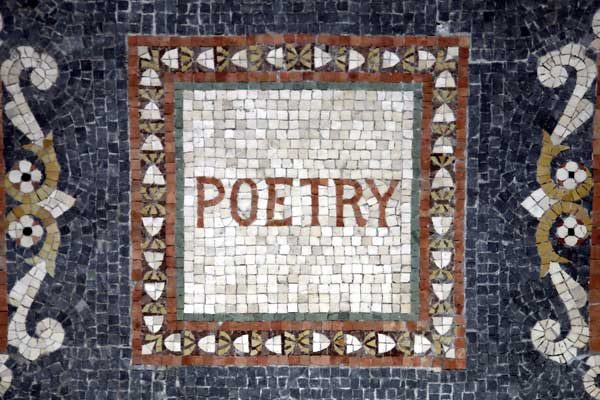As 2017 winds down, we will be rolling out our top ten favorite essays of the year in different categories. First up is our culture list, featuring ten critical stories that mine our present aesthetic moment: from the rise and fall of Milo Yiannopoulos to Instagram and the personal essay to The Handmaid's Tale and Drake. Happy reading!
#Milosexual and the Aesthetics of Fascism
by Daniel Penny
Milo Yiannopoulos always embodied a fascist erotic, deploying a “deviant” sexuality towards a politics of violence. Until recently, he got away with it, walking the tightrope of irony, spectacle, and free speech. But fascism’s aesthetics are its ideology, and nothing is merely about “the lulz.”
Two Paths for the Personal Essay
by Merve Emre
The personal essay is not dead, despite many proclamations to the contrary. A critical look at the genre and its practitioners—from new entrants like Durga Chew-Bose to old favorites like Mary Gaitskill—raises the question: has the personal essay traded politics for style?
Make Margaret Atwood Fiction Again
Junot Díaz in conversation with Margaret Atwood
For Global Dystopias, Junot Díaz interviews Margaret Atwood about her dystopian novel, The Handmaid's Tale, its recent TV adaptation, the dystopian politics of 1985 and 2017, and Drake. “ put nothing into the book that people had not done at some time, in some place,” says Atwood.
The Goddess of Loss
by Ulka Anjaria
The publication of The God of Small Things, twenty years ago, catapulted Arundhati Roy to international fame. While the novel garnered acclaim, Roy stopped writing fiction altogether. Until now, that is. As fans pick up her second novel, we look back at what The God of Small Things has meant to millions of readers.
Radicalism Begins in the Body
Junot Díaz in conversation with Samuel R. Delany
“Intellectual radicals…are people who say things where they are not usually said.” Junot Díaz interviews Samuel R. Delany on radicalism, his short story “Ash Wednesday”, and the struggle to write. “For every book I’ve written there were thirty that I wanted to write, started to write—then petered out or gave up.”
Inside Every Utopia Is a Dystopia
by John Crowley
The iconic Futurama, exhibited at the 1939 New York World's Fair, envisioned a future of towering modernist skyscrapers and speedy cars. Its creator, Norman Bel Geddes, designed the American Century into being, remaking us along the way. A new biography of Geddes tells the story of American innovation.
The Instagrammable Charm of the Bourgeoisie
by Daniel Penny
It is tempting to believe that we live in a time uniquely saturated with images. About 95 million images are uploaded to Instagram everyday. But the modes of perception and living found on the platform are rooted in the much older aesthetic of the picturesque. Instagram, with its obsession with bourgeois consumption, commodification, and class identity, is merely the picturesque in a neoliberal avatar.
Saving Orwell
by Peter Ross
All political moments are Orwellian, but some are more Orwellian than others. Since the election of Trump, 1984 has taken on a strange currency; the electric charge of Orwell’s thinking hums and crackles through the culture. But through it all, the real Orwell remains unknown.
Other People's Lives
by Vivian Gornick
An absorbing new memoir from James Atlas prompts Vivian Gornick to ask: what makes great biographies as life-changing as great works of fiction? The answer may lie in a biographer's capacity for empathy.
The Reformatory
Avni Sejpal in conversation with Tananarive Due
“The idea of Afrofuturism—that we survive, that we are present, and that we thrive in the future—that is a radical notion.” In this podcast, Tananarive Due reads a short story and talks about history as a dystopia, the black tradition of horror and science fiction, and the wondrous possibilities of James Baldwin as a writer of science fiction.
